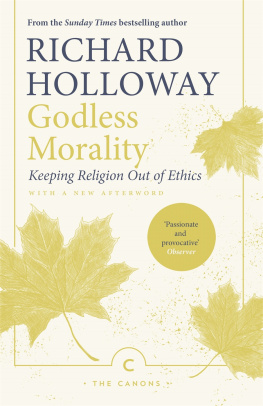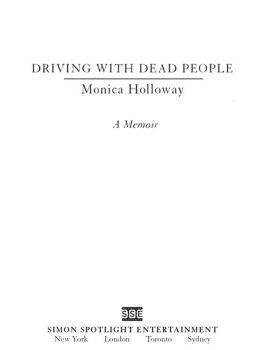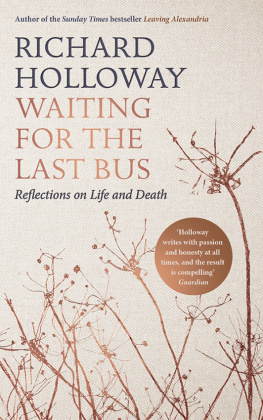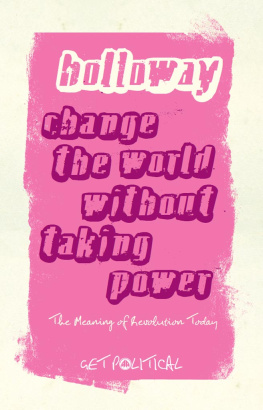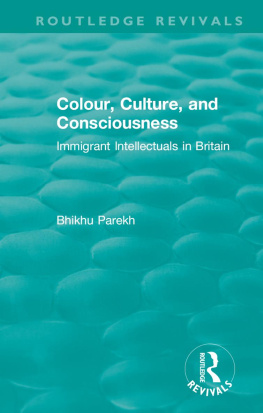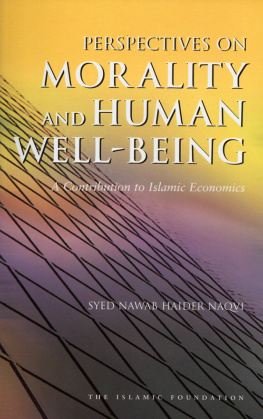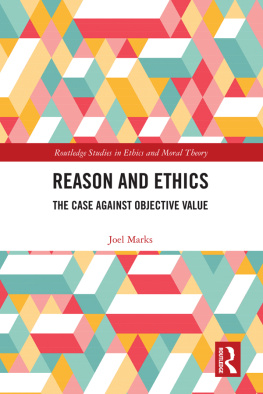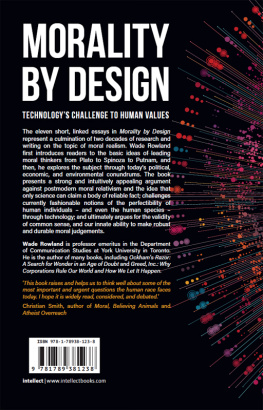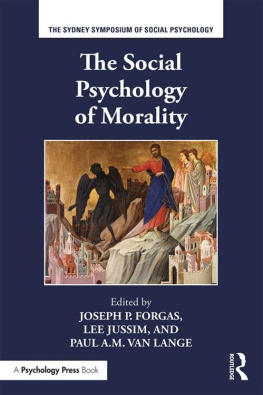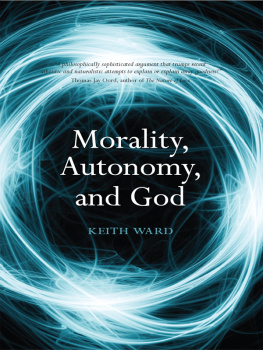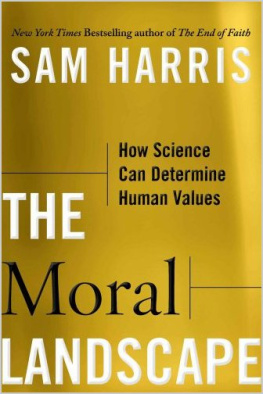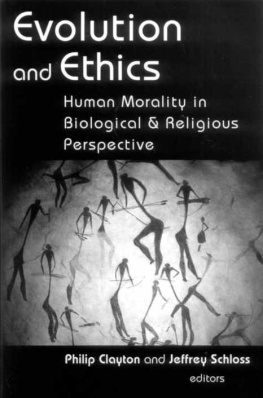I would like to thank Gresham College in the City of London for giving me the opportunity to think about the themes that are expanded in this book. I would also like to express my gratitude to the Human Fertilisation and Embryology Authority, of which I was a member for its first seven years. During that time I was exposed to the complex and problematic world of reproductive technology and the science and ethics that underlie it. With few exceptions, I was impressed by the integrity of the scientists and clinicians I met, as well as by the quality of the other members of the HFEA. Those years on the HFEA forced me to confront many of the issues that are explored in this book.
As always, I am particularly grateful to my secretary, Christine Roy, not only for helping me with this book, but for her assistance in handling the complexities of a busy life. Jamie Byng of Canongate has been a great encourager in the writing of this book and I am most grateful to him.
Do we have to be religious to be moral? Do we have to believe in God to be good? These questions may sound impertinent to people without a religion or clear belief in God who are trying to lead a good life. In fact, unbelievers could easily react to these questions with ironic laughter as they think of all the crimes committed in the name of religion, the wars fought on behalf of religion, and the guilt and misery that has been imposed upon human beings who have deviated from religious norms in societies where religion has been in a position of authority. This failure to connect the lamentable record of religion with the high claims that religious leaders make and the exhortations they issue is bad enough; what is almost as intolerable is the patronising attitude they sometimes adopt towards highly moral people who have no religion and feel no need to have one. Many religious leaders say that without a belief in God and in absolute standards there can be no genuine moral conduct; that the moral confusions of our own time are directly related to the erosion of religion in Western society.
It is true that most religions have particular moral codes and, even if these codes are more often breached than observed, they can help to create a climate of respect for moral behaviour. The extra commandment in most moral systems is, Thou shalt not be found out, but even this type of hypocrisy is the homage that immorality pays to morality. We could admit all the crimes of religion, acknowledge the hypocrisy and guilt it creates, and still believe there is a vital connection between religion and moral aspiration. Many religious leaders will say, for instance, that we are still living off the moral capital invested by Christianity in its hey-day. Christian ethics, it is claimed, are intrinsically connected to, and an expression of, Christian doctrine. It is acknowledged that many people go on affirming and trying to practise the ethic even after they have abandoned the doctrines associated with it. That state of affairs cannot continue for long, they warn us. The ethical investment inherited from the doctrinal system will soon be used up and we shall then descend into immorality and ethical confusion. The implication of this warning is that we must re-invest in the doctrines that underpin the ethic if we want the ethic back. But there are several difficulties with this. People of integrity are unlikely to be able to persuade themselves of the truth of religious claims simply because they acknowledge that these can have certain beneficial side-effects. Let us leave on one side for the moment whether the side-effects are all that beneficial and stick to the point at issue: even if a religious connection to a good ethic is established, is it always necessary to accept the religion in order to have the ethic? Can the ethic not stand on its own as something that is likely to commend itself to people who want to try to live well and believe in the importance of morality for healthy human communities? When we think about it, there appears to be something unprincipled about asking people to adopt religion because it helps them to behave well and not because it is true. Of course, religious leaders rarely suggest this, but there is often a kind of incoherence in the approach they do adopt. They insist on a connection between religious decline and ethical confusion, and most observers would probably accept that there is, indeed, a connection. It is where we go from that connection that is of interest to me and is the purpose behind this book.
If I refrain from physically and mentally abusing my wife, because my religion persuades me that wife abusers will burn eternally in hell, then we could say that the religious belief is having a beneficial effect, however irrational the belief itself may be. If I abandon my belief in eternal punishment (the religious doctrine that has previously put a restraint on my violence) and start beating my wife again, it seems morally bankrupt to argue that the only way to correct me is by persuading me of the truth of something that seems intrinsically unbelievable and, in its own way, morally dubious. In other words, it might be possible to accept the connection between the abandonment of a belief and the resumption of bad behaviour, and still believe that we can make a case for the good moral behaviour unconnected to the previously held belief.
We could also argue that issues of truth are themselves moral issues. If we have become persuaded that a particular claim is not true or is one we can no longer hold with a clear conscience, then we are making a moral judgement; we are saying that it is important to act on what we believe to be true and not cling to falsehoods because they comfort us or because they have beneficial secondary effects. It is in this area that we come close to the exasperation that many people who aspire to live moral lives feel towards religion. They understand the historical connection between religion and ethics, though that connection, for them, is no longer vital or logical. They would tell us that it is important for them to have a proper sense of responsibility towards others, which, if it is no longer anchored to religion, must find an anchor somewhere else, possibly in humanity itself. In other words, just because the connection between ethics and religion has been broken, it does not follow that it is no longer possible to have ethics. It may mean that we have to discover and promote the importance of a non-religious ethic. And such an ethic could be a genuinely ecumenical ethic that appealed, in its broad principles, to people who were religious and to people without religion, to people who believed in God and to people who did not. Unless it is more important to believe that wife beaters go to hell than to stop wife beating itself, religious believers will be able to support an ethic that achieved or sought to achieve the same end, the ending of wife abuse.
Another difficulty with religion and ethics is the way religions tend to associate God with particular stages or phases in social development. Various examples will be adduced in this book, but the most eloquent and obvious one has been the varying status of women in the history of Christianity. It is one thing to recognise that gender relations reflect historical and social realities; it is another to claim that they have been permanently established by God in a specific pattern. If we claim the latter, the legitimate critique made by feminists against male dominance and oppression has to be made against God. We either admit that God is, to some extent at least, a human construct that is subject to criticism and evolution, or we weld religion to unsustainable prejudices that guarantee its rejection for the best, not the worst of reasons, so that to abandon it becomes a virtuous act of revolt against an oppressive force that imprisons rather than liberates humanity.

